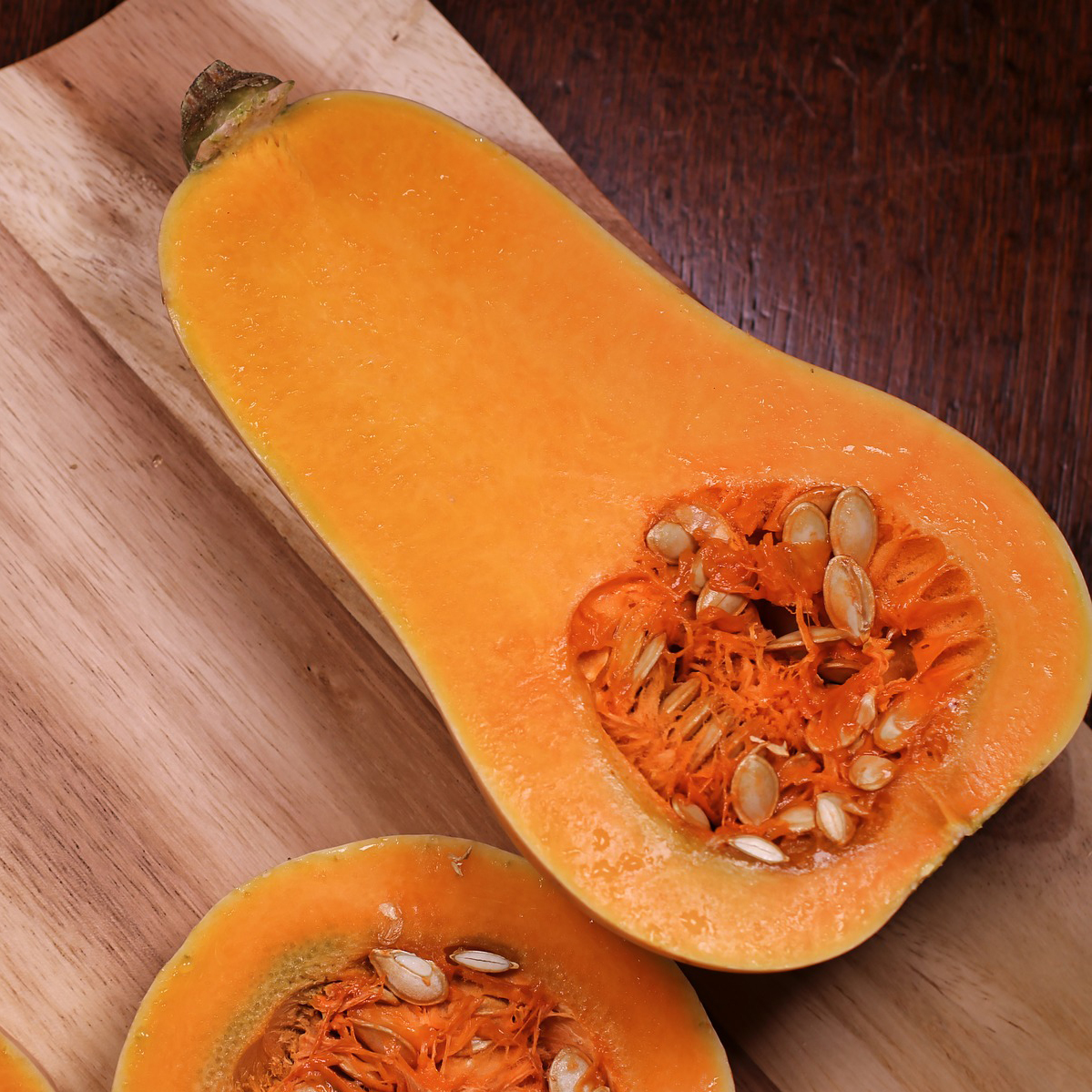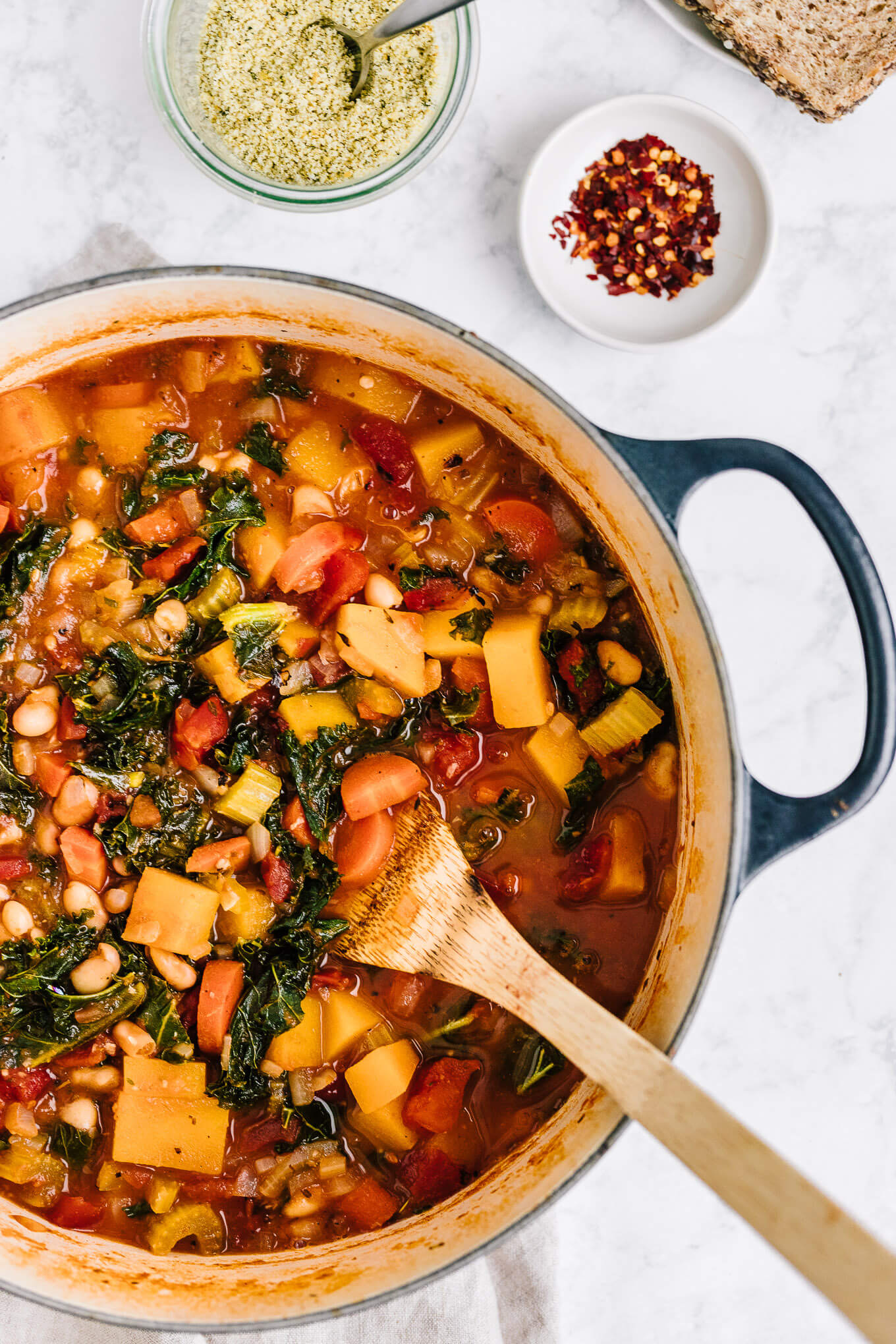
This winter squash is also packed with B vitamins - including folate and B6 - which your body needs for energy and red blood cell formation.
BUTTERNUT SQUASH CALORIES FREE
Vitamin E is another antioxidant in butternut squash that helps protect against free radical damage and may reduce your risk of age-related conditions, such as Alzheimer’s disease ( 5). Vitamin A is essential for regulating cell growth, eye health, bone health, and immune function ( 3).Īdditionally, it’s vital for fetal growth and development, making it an important vitamin for mothers-to-be.īutternut squash is also rich in vitamin C - a water-soluble nutrient needed for immune function, collagen synthesis, wound healing, and tissue repair ( 4).īoth vitamins A and C work as potent antioxidants in your body, protecting your cells from damage caused by unstable molecules called free radicals. These compounds are provitamin A carotenoids, meaning your body converts them into retinal and retinoic acid - the active forms of vitamin A ( 2).

It’s also rich in carotenoids - including beta-carotene, beta-cryptoxanthin, and alpha-carotene - which are plant pigments that give butternut squash its bright color. If you are concerned or have queries please consult your GP or registered dietician for guidance.Butternut squash is an excellent source of many vitamins and minerals.Ī one-cup (205-gram) serving of cooked butternut squash provides more than 450% of the RDI for vitamin A and over 50% of the RDI for vitamin C ( 1). However, those medicated with beta blockers or ACE inhibitors may be advised to minimise their intake of potassium-rich foods, including butternut squash.Īn allergy to butternut squash is rare, but there have been some reports that contact dermatitis may occur. Is butternut squash safe for everyone?īutternut squash is nutrient dense and a healthy food for the majority of us. May support weight managementīutternut squash is low in calories, high in fibre and has a comforting sweet flavour which may help manage appetite. There is strong evidence that fibre is associated with a reduced risk of heart disease, bowel cancer and type 2 diabetes, but it can also help digestion and prevent constipation.

Just 100g of butternut squash (baked) contains around 2g of fibre, which is 7% of the recommended intake of fibre for adults. All of these nutrients are found in butternut squash, making it a bone-loving vegetable. A 2016 study found that diets high in vegetables, as well as those containing beta-carotene, vitamin C, zinc and sodium, were positively associated with healthy bone mass in postmenopausal women. There is some evidence to suggest that a varied diet rich in fruits and vegetables may reduce the risk of osteoporosis. May support the immune systemīeta-carotene also helps to support the natural function of the immune system, along with vitamin A which can help to prevent infections. Beta-carotene, which we convert to vitamin A, also plays a role in eye health and healthy cell renewal, and diets that are high in brightly coloured fruits and vegetables, including butternut squash, are rich sources. Research has shown that phytonutrients, such as zeaxanthin and lutein, may help to protect eye health, and butternut squash contains both of these carotenoids.

What are the 5 top health benefits of butternut squash? 1.


 0 kommentar(er)
0 kommentar(er)
